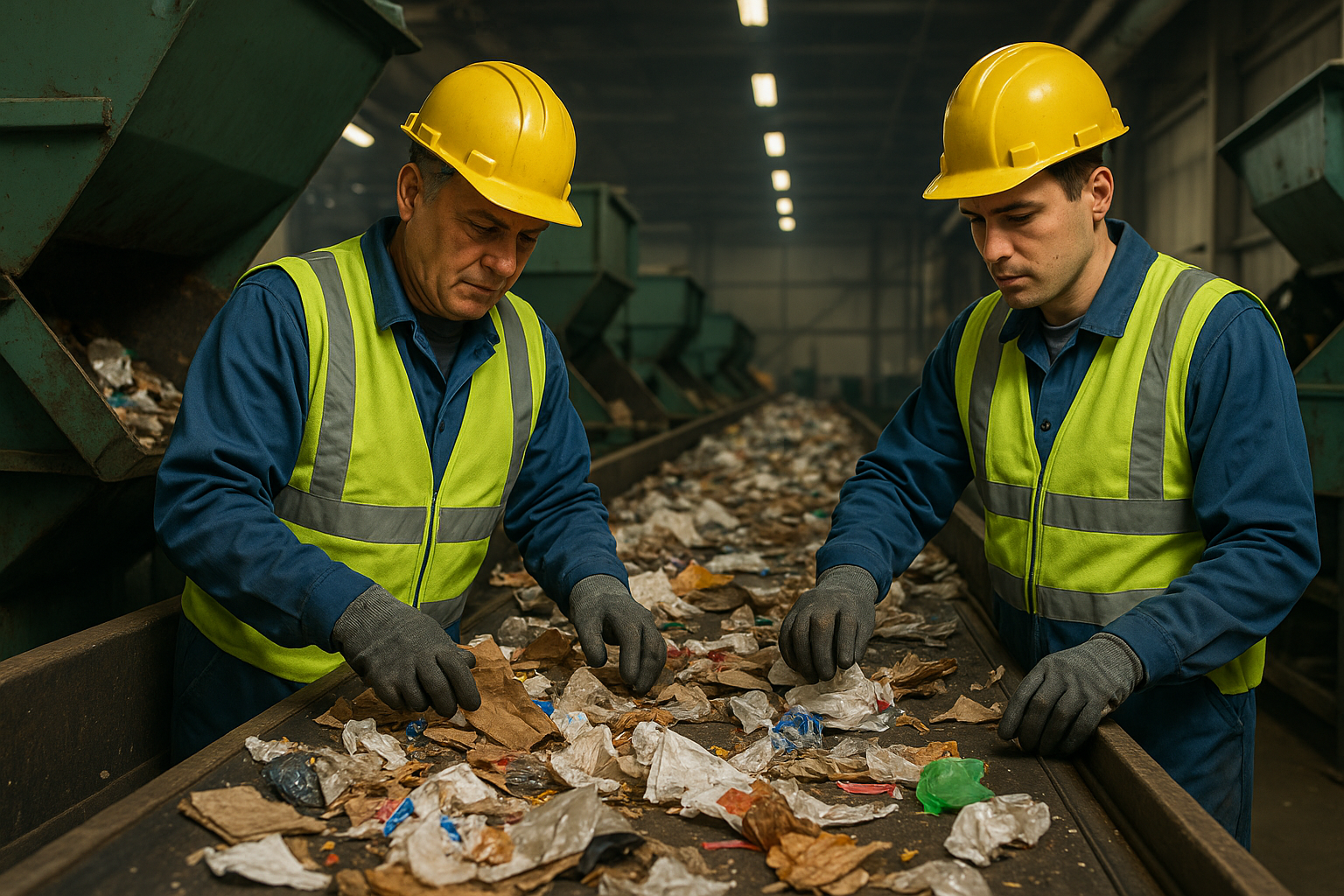Sustainability has become more than just a buzzword—it’s now a business necessity. Across Australia, organisations are under pressure from regulators, employees, and customers to reduce their environmental impact. One of the most effective ways to achieve this is through smarter waste management. By rethinking how waste is generated, sorted, and disposed of, businesses can save money, remain compliant, and build a stronger brand reputation.
The Impact of Poor Waste Practices
Inefficient waste management isn’t just bad for the environment—it directly affects a business’s bottom line and compliance status.
Increased disposal costs: Sending everything to landfill can be expensive, with fees and levies continuing to rise.
Regulatory risks: Failure to follow waste disposal laws can lead to penalties.
Environmental harm: Poor practices contribute to pollution, greenhouse gas emissions, and unnecessary resource depletion.
Simply put, ignoring sustainable waste strategies isn’t just irresponsible—it’s costly.
Technology & Innovation
Modern waste management goes beyond just bins and bags. Today, businesses can take advantage of:
Waste tracking systems – Software that monitors volumes and types of waste generated.
Data-driven reporting – Insights that help companies measure sustainability performance.
Smart sensors – Technology that signals when bins are full, optimising collection schedules.
These tools not only improve efficiency but also provide valuable data for sustainability reporting.
Smart Waste Segregation
At the heart of sustainable waste management is segregation. Businesses should focus on:
Recycling: Separating paper, plastics, glass, and metals for reuse.
Composting: Diverting food and organic waste away from landfill.
Landfill reduction: Identifying materials that can be repurposed instead of thrown away.
Clear signage, staff training, and colour-coded bins can make a big difference in how effectively waste is managed day-to-day.
Australian Regulations & Compliance
In Australia, waste management is heavily regulated at both state and federal levels. Businesses must comply with guidelines such as:
National Waste Policy 2030 targets.
State-based landfill levies and recycling requirements.
Workplace health and safety obligations for hazardous waste.
Understanding and meeting these requirements ensures businesses avoid fines and reputational damage.
Cost Savings Through Sustainability
Sustainable waste management isn’t just good for the planet—it makes financial sense:
Lower disposal fees: Recycling and composting reduce landfill costs.
Improved brand image: Clients and customers prefer businesses that prioritise sustainability.
Operational efficiency: Streamlined waste processes save staff time and reduce errors.
For many organisations, the savings from efficient waste practices outweigh the initial investment in systems and training.
FM Services AU’s Waste Management Expertise
At FM Services AU, we provide customised waste and recycling solutions that help businesses meet their sustainability goals. From on-site waste audits to implementing recycling programs and managing hazardous waste, our team ensures compliance while cutting costs. We work with clients across Australia to design strategies that are practical, eco-friendly, and aligned with local regulations.
Conclusion / Call to Action
Sustainable waste management isn’t optional—it’s essential for Australian businesses that want to stay competitive, compliant, and environmentally responsible. By adopting smarter strategies today, companies can save money while contributing to a greener future.
👉 Contact FM Services AU to book a waste management consultation and discover how we can make your facility more sustainable.




